By R. Manning Ancell
On November 11, 1943, under cover of darkness, President Franklin D. Roosevelt and his key aides sailed down the Potomac River to the new battleship USS Iowa, there to meet with three of the four American members of the Combined Chiefs of Staff—Admiral Ernest J. King, General George C. Marshall, and General Henry H. Arnold. Their mission: Sail to North Africa to meet with Allied leaders.
A week before Thanksgiving, the American war leaders arrived at Algeria’s port city of Oran. Their final destination was Cairo, where the president’s party would join with Prime Minister Winston S. Churchill and Generalissimo Chiang Kai-shek for a top-secret conference to plan what they hoped would be the victorious stages of the war. At the top of the list was the question of an invasion of Europe.
By November 1943 the war was weighted more heavily on the side of the Allies and discussions revolved around a cross-Channel invasion, although Churchill had long been skeptical. Eventually the prime minister acquiesced under pressure from the Americans, who argued the necessity of a full-frontal assault on European soil. It was finally agreed that “Overlord” would take place in May 1944, but command of the invasion was still up in the air as Roosevelt, Churchill, and Stalin huddled with their staff officers, translators, and senior advisers in Teheran, to which the Anglo-Americans had journeyed to meet the Russians. Stalin attempted to force a decision. Upon learning that the commander had not yet been picked, he huffed and puffed and intimated that if his Allies could not decide on who was to command Operation Overlord, then how could they possibly consider launching a second European front in France?
The Teheran conference concluded on November 30 with President Roosevelt noting, “We could agree to a unified command in the Mediterranean but not at the same time as we took up the matter of the Supreme Allied Commander.” General Omar Bradley, however, said there was concurrence among the Allied leaders that an American officer, rather than a British general, would assume command. “It was Churchill who raised the point,” noted Bradley, “and when he did, Roosevelt readily agreed. Both men had Marshall in mind for the job and although Marshall was not formally appointed, it was assumed by all that he probably soon would be.”
All President Roosevelt needed to do, in tapping Marshall to command of Overlord, was issue the order. Stalin’s agreement would quickly follow, for he strongly supported Overlord. If FDR wanted it to happen, it would—but it hadn’t yet. Clues as to why had surfaced in the weeks before the Teheran conference was set to open.
Throughout the summer of 1943 the Joint Chiefs had voiced concern that Marshall’s role, as supreme commander, would abrogate his responsibilities as chief of staff—an unaffordable action at any cost. Admiral King, in particular, was vehemently opposed to putting Marshall in charge of Overlord at such a crucial time. “We have the winning combination here in Washington,” King said. “Why break it up?” He argued that Marshall was “indispensable as a member of the Joint and Combined Chiefs of Staff” and “could not be spared, however desirable he might be as supreme commander.” He emphasized that “it seemed a poor idea to swap horses in midstream.” The other members of the Joint Chiefs, Admiral Leahy and General Arnold, had each arrived at the same conclusion and told the president, on separate occasions, “Marshall could not be spared from the Joint Chiefs of Staff.”
President Roosevelt, however, gave all the impressions of resoluteness on the issue, even when General John J. Pershing wrote him in September 1943 to urge that Marshall be kept in Washington. Transferring him to a “tactical area, no matter how seemingly important, is to deprive ourselves of the benefit of his outstanding strategical ability and experience,” he wrote. “I know of no one at all comparable to replace him as Chief of Staff.”
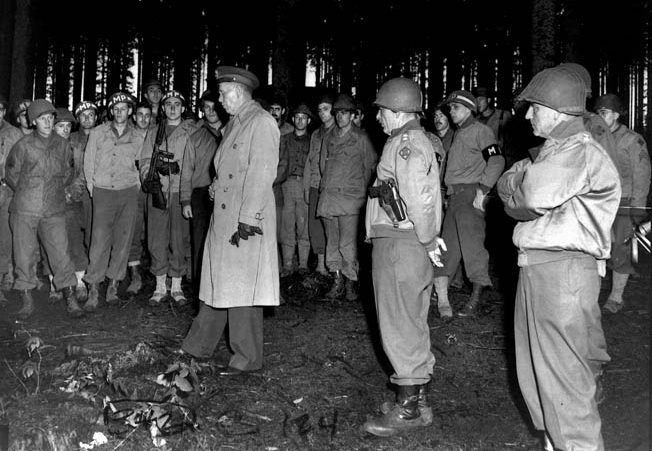
FDR downplayed Pershing’s concern in his reply on September 20, 1943: “I think it is only a fair thing to give George a chance in the field,” Roosevelt wrote. “The best way I can express it is to tell you that I want George to be the Pershing of the Second World War, and he cannot be that if we keep him here.”
A very strong case could be made for General Marshall’s indispensability at virtually any point in the war. By the summer of 1943 he was into his fifth year as chief, having been sworn in a matter of hours after German panzer forces stormed across the Polish border just before dawn on September 1, 1939. Fifty-eight years of age at the time, Marshall was the only four-star general on active duty in the Army.
Bear in mind that although Marshall inherited an army on the cusp of war it was, nevertheless, a peacetime army led by an officer corps debilitated by “promotion by seniority.” It was not unusual to find captains in their late thirties and early forties, their promotions held in check by the passage of time. The promotion list for brigadier general, as an example, contained the names of 698 full colonels stack-ranked for promotion; in other words, if an opening came up, the colonel at the top of the list would be in line for the star. One of Marshall’s earliest challenges was to replace the antiquated promotion system with one that allowed younger men of merit to rise beyond their mediocre counterparts and seniors. Colonel George S. Patton sat at 525 on that 1939 promotion list. Under the existing policy at that time, 524 colonels more senior to him would have to be promoted, quit, or die before he could be considered for a brigadier general’s star.
Only a week after Marshall was sworn in, President Roosevelt declared a state of national emergency. Suddenly the new chief of staff faced the formidable task of reshaping the officer corps into a cadre of competent, forward-thinking professionals sooner rather than later. Time was of the essence. Noted columnist George Fielding Eliot, in a wide-ranging interview held in the State, War, and Navy Building, asked Marshall how he would avoid the calamity Lincoln faced in the opening months of the Civil War. Marshall was determined that Roosevelt would not be faced, like Lincoln, with the prospect of a long, grueling search for the right field commanders. On the condition that he published the interview at a later date, Marshall spelled out his thoughts to Eliot:
“The present general officers of the line are, for the most part, too old to command troops in battle under the terrific pressures of modern war. Many of them have their minds set in outmoded patterns, and can’t change to meet the new conditions they may face if we become involved in the war that’s started in Europe. I do not propose to send our young citizen-soldiers into action, if they must go into action, under commanders whose minds are no longer adaptable to the making of split-second decisions in the fast-moving war of today, nor whose bodies are no longer capable of standing up under the demands of field service. They’ll have their chance to prove what they can do. But I doubt that many of them will come through satisfactorily. Those that don’t will be eliminated.”
For more than four decades George Marshall’s only life was the U.S. Army. Commissioned in February 1902 from the Virginia Military Institute, he served with the infantry at home and abroad for more than 37 years before becoming chief of staff. From the very beginning of his career, officers crossed his path with whom he was impressed—and Marshall was not easily impressed—or more likely with whom he was unimpressed. Whether at either end of the scale, Marshall made a notation in his “little black book.” Some officers believed it was more in their favor to have made a neutral impression and therefore not appear in the book, rather than risk the 50-50 odds of being notated negatively. Suffice to say that Marshall had a pachyderm’s memory that, bolstered by entries in his book, enabled him to reach down and pick people for high command and great responsibilities, often at very junior levels, with unerring accuracy and astounding success.
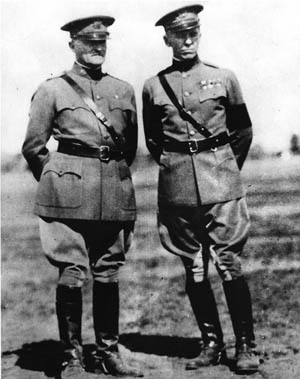
C. Marshall maintained a close relationship with General John Pershing, commander of the
American Expeditionary Force in Europe.
Case in point: General Omar N. Bradley, who worked closely with Marshall at the Infantry School in the late 1920s. Given two divisions to train early in the war, Bradley was told that he needed to demonstrate his capabilities before being appointed to greater responsibilities. “I trusted his judgment,” Bradley said, “and my patience was rewarded by rapid advancement to army and army group command. My case typifies Marshall’s rigor in testing his commanders for the critical tasks that lay ahead. He placed us in jobs where he could use our special training and experience. If we did our work well, he quickly entrusted us with a more demanding role. To his subordinates he always gave strong support and great freedom in carrying out their assignments.”
One of Marshall’s earliest entries in his little book was Walter Krueger, who would lead the Sixth Army in the Pacific during World War II. They met in the Philippines in 1902 when both were green lieutenants. It turned out that Marshall was a bit greener than Krueger, however, but that didn’t prevent Marshall from making a positive entry on him. By nature fastidious, facile, and exceptionally straightforward, Marshall admired those qualities in others. Krueger, a Prussian immigrant who worked his way up from private, was not easily impressed by anyone, but he found Marshall to be “just about the most self-contained lieutenant I ever met in the U.S. Army.” He said, “He had a sagacity and thoughtfulness far beyond his years. Or at least I think he had. When you really tried to find out what he was like, he clammed up and you never discovered what he was really thinking.”
Self-contained was certainly a more accurate description than introverted because Marshall didn’t have a problem expressing himself publicly. He simply was an intensely private person.
Not long after America’s entry into World War I, Captain Marshall was sent to Europe with the 1st Division, commanded by Maj. Gen. William L. Sibert. One of the first officers to arrive in France, Marshall took on an exceptional load of responsibility, including acting chief of staff of the division. Training was severely hampered by foul weather and the piecemeal arrival of troops and headquarters staff, including General Sibert, but Marshall nevertheless gave it top priority. Early in September 1918 Sibert was severely criticized for a somewhat lackluster review of his division although circumstances were well beyond his control; he hadn’t been in France long enough to personally impact the training of his division. Later, on October 3, Sibert witnessed for the first time the demonstration of a new technique for attacking entrenched troops and when asked by General Pershing for a critique, he faltered. Pershing was furious and berated Sibert in front of his men for his lack of preparation. Reacting instinctively to the injustice of Pershing’s remarks, Marshall stepped forward and began speaking, but Pershing was in no mood to listen and began walking away.
Throwing caution aside, he put his hand on the general’s arm and said, “General Pershing, there’s something to be said here and I think I should say it because I’ve been here longest.”
No one, not even Marshall, remembered exactly what was said but Pershing listened without interruption. When Marshall had finished, Pershing said, “You must appreciate the troubles we have,” and turned to walk away.
“Yes, General,” Marshall answered, “but we have them every day and they have to be solved before night.”
Everyone who witnessed that brief incident, including Marshall himself, believed it was the death knell to a young officer’s career. Quite the contrary, it set the stage for a relationship that endured for nearly 30 years, up to the day Pershing died, at the age of 88 in July 1948. In subsequent visits Pershing always took Marshall aside to ask his opinion, knowing his response would be unfettered. After the war, reverting to the rank of captain, Marshall served as Pershing’s aide. Their relationship was greater than general and aide; it was more like father and son. The general was best man at Marshall’s second wedding in Baltimore and they kept in touch no matter where the Army sent Marshall for duty.
It was no accident that under General Marshall, once he engineered the unshackling of the promotion system’s time-honored reliance on seniority, much younger officers began rising rapidly in rank virtually overnight. Many of those first promotions went to officers in whom Marshall had absolute trust and faith, officers who would form the foundation for the war’s leadership pyramid. Again, it was no accident that a great number of those early promotions went to “Marshall’s Men” from his Fort Benning days.
In the autumn of 1927 Marshall had been rescued from an interminable assignment at the War College and made assistant commandant of the Infantry School at Fort Benning. It came at a time when Marshall was recovering from the untimely death of his wife, Lily, that August and a desk job for which “I thought I would explode.” A teaching job, together with the responsibility and authority to make substantive changes in the way the Army taught its best officers was, in Marshall’s words, “magical.” Moreover, Benning provided the stage upon which the officers who would comprise the Army high command of World War II performed and learned from a master teacher, whether as members of the staff, instructors, or students.
Although he wasn’t an alumnus of Benning, one individual in particular stood out as a sterling example of Marshall’s uncanny ability to take the measure of a man and visualize his potential: Dwight D. Eisenhower. Marshall had met Eisenhower only twice before he brought him to Washington early in the war. The first time was in 1930 when, as a major, Ike was assigned to the Battle Monuments Commission. The 40-year-old officer made a distinctly favorable impression on Marshall and, thanks to an entry in the “little black book,” Marshall’s memory was refreshed when they met briefly a second time 11 years later. By then a lieutenant colonel, Eisenhower was chief of staff of Lt. Gen. Walter Krueger’s Third Army. Marshall was invited to witness maneuvers in the spring of 1941 as Third Army was pitted against Second Army. Eisenhower’s performance caught his attention.
Brought to Washington by Marshall, Eisenhower jumped from lieutenant colonel to brigadier general on September 9, 1941. From there he enjoyed the most meteoric rise in rank of any general in World War II. By November 1943 he was a four-star general and Supreme Allied Commander in Europe, living at the time in a villa near the ruins of Carthage.
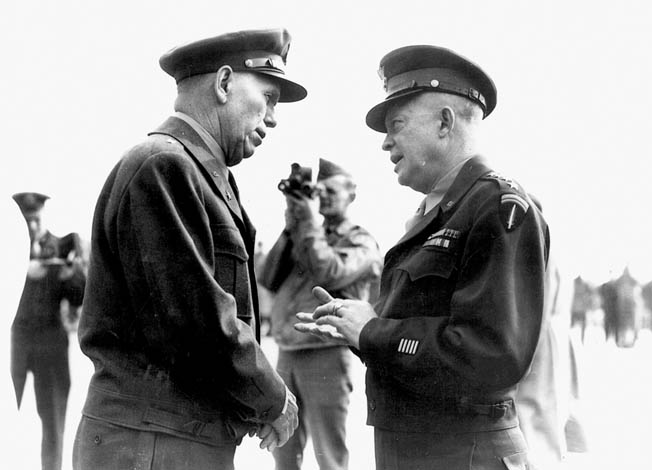
Having arrived at Mers-el-Kebir, near Oran, early on the morning of November 21, the president’s entourage continued on by plane to Tunis, where General Eisenhower met them. Ike turned the villa over to the president and invited King and Marshall to stay at his small cottage at La Mersa. That evening Eisenhower had dinner with FDR, then the following morning accompanied him on a tour of the nearby ruins. The president quickly got around to the subject of Overlord: “Ike, you and I know who was chief of staff during the last years of the Civil War but practically no one else knows, although the names of the field generals—Grant, of course, and Lee, and Jackson, Sherman, Sheridan and the others—every schoolboy knows them,” Roosevelt said as they walked slowly. “I hate to think that 50 years from now practically nobody will know who George Marshall was. That is one of the reasons why I want George to have the big command—he is entitled to establish his place in history as a great general.” Eisenhower nodded but said nothing, his face masking any emotion he felt at that moment.
Roosevelt and his entourage returned to Cairo the first week of December. Apparently Stalin’s brief speech a week earlier in Teheran tugged at the president as he thought about appointment of Marshall as supreme Allied commander. FDR finally decided to let Marshall make the decision. He invited the general to lunch on December 5. Marshall recalled that Roosevelt, “after a great deal of beating about the bush,” asked me “just what I wanted to do. Evidently it was left up to me.” Marshall told the president he wanted to avoid at all costs what had happened time and again in past wars, “the consideration of the feelings of the individual rather than the good of the country.” Roosevelt paused for a moment, then said, “Well, I didn’t feel I could sleep at ease if you were out of Washington.”
That’s how Roosevelt broke the news that Marshall would not go to Europe as supreme commander of Overlord. Then FDR asked Marshall to decide who should be appointed but Marshall declined to name anyone, deferring the decision back to the president. “Then it will be Eisenhower,” Roosevelt said. Marshall, who had been entrusted to draft high-level correspondence between Roosevelt, Churchill, and Stalin, went into his room and wrote a brief note to the Soviet leader for Roosevelt’s signature. It read: “From the President to Marshal Stalin. The immediate appointment of General Eisenhower to command of Overlord operation has been decided upon.” The president signed “Roosevelt” directly below. Later, Marshall sent the historic piece of paper to Eisenhower with a brief note written on the bottom: “Cairo, Dec. 7, 43. Dear Eisenhower, I thought you might like to have this as a memento. It was written hurriedly by me as the final meeting broke up yesterday, the President signing it immediately. G.C.M.”
Marshall returned to Washington and continued as chief of staff. Who cannot but say that Marshall did not serve his country well then. Or thereafter. There was much more to come.

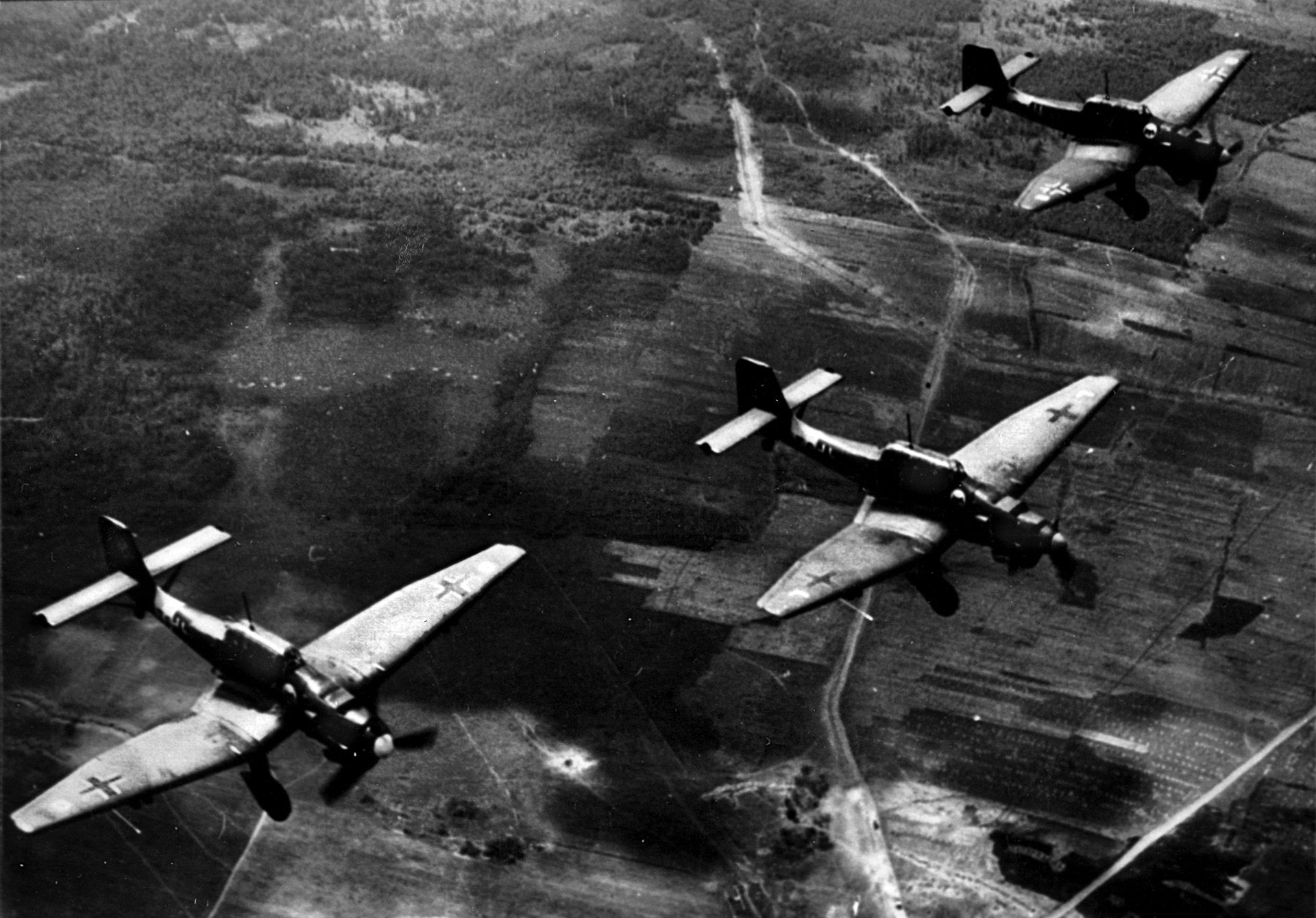
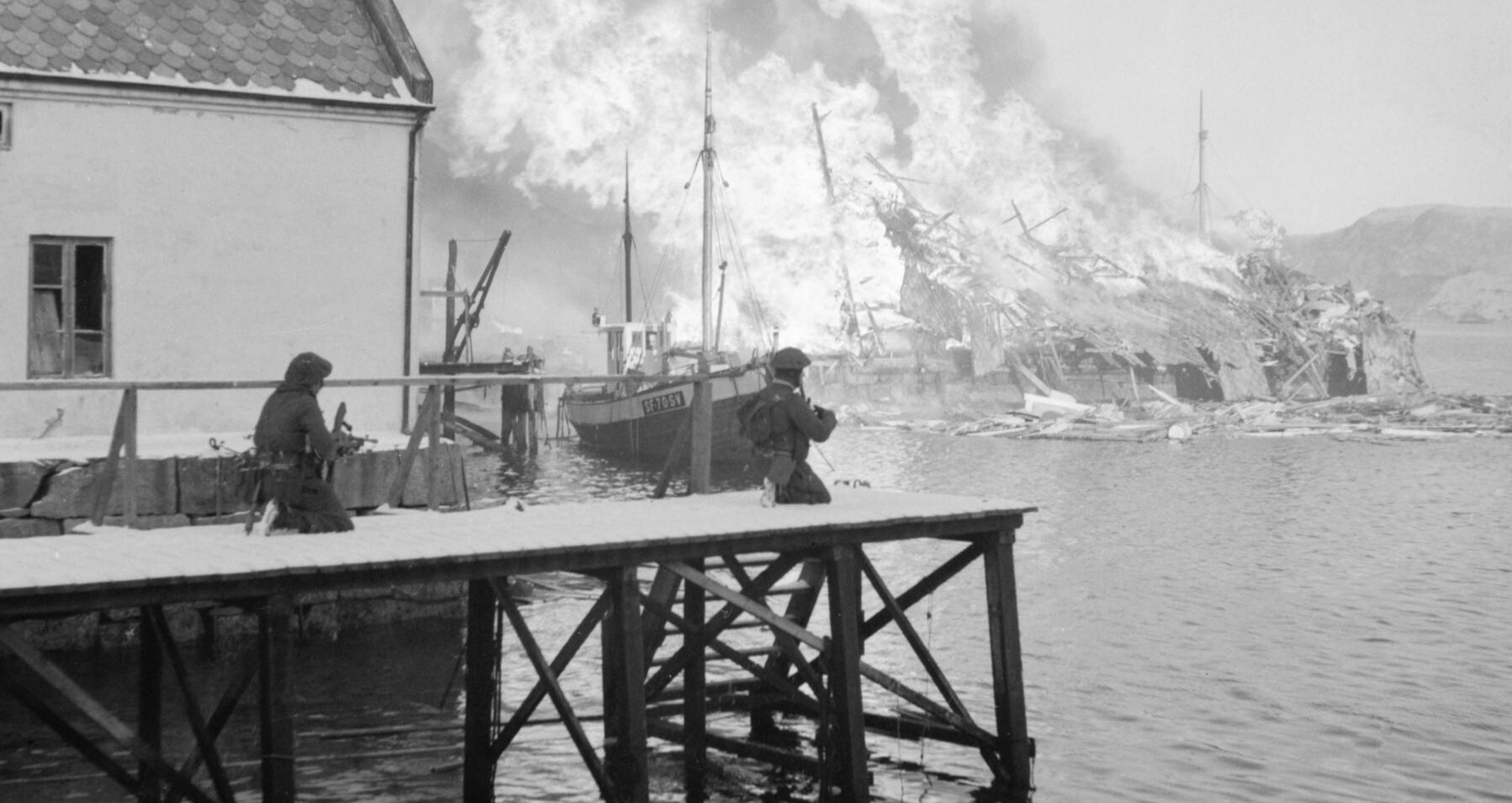
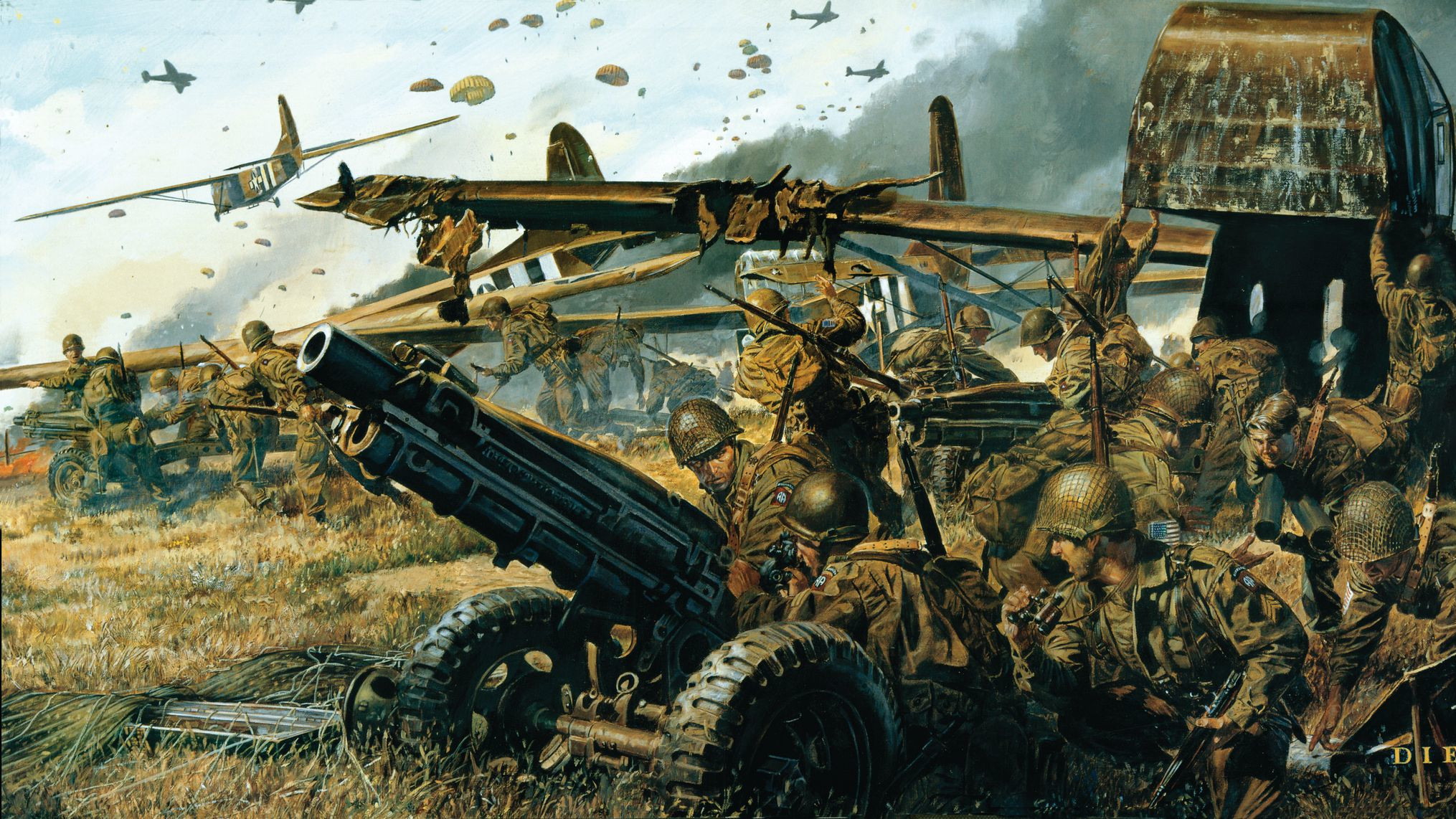
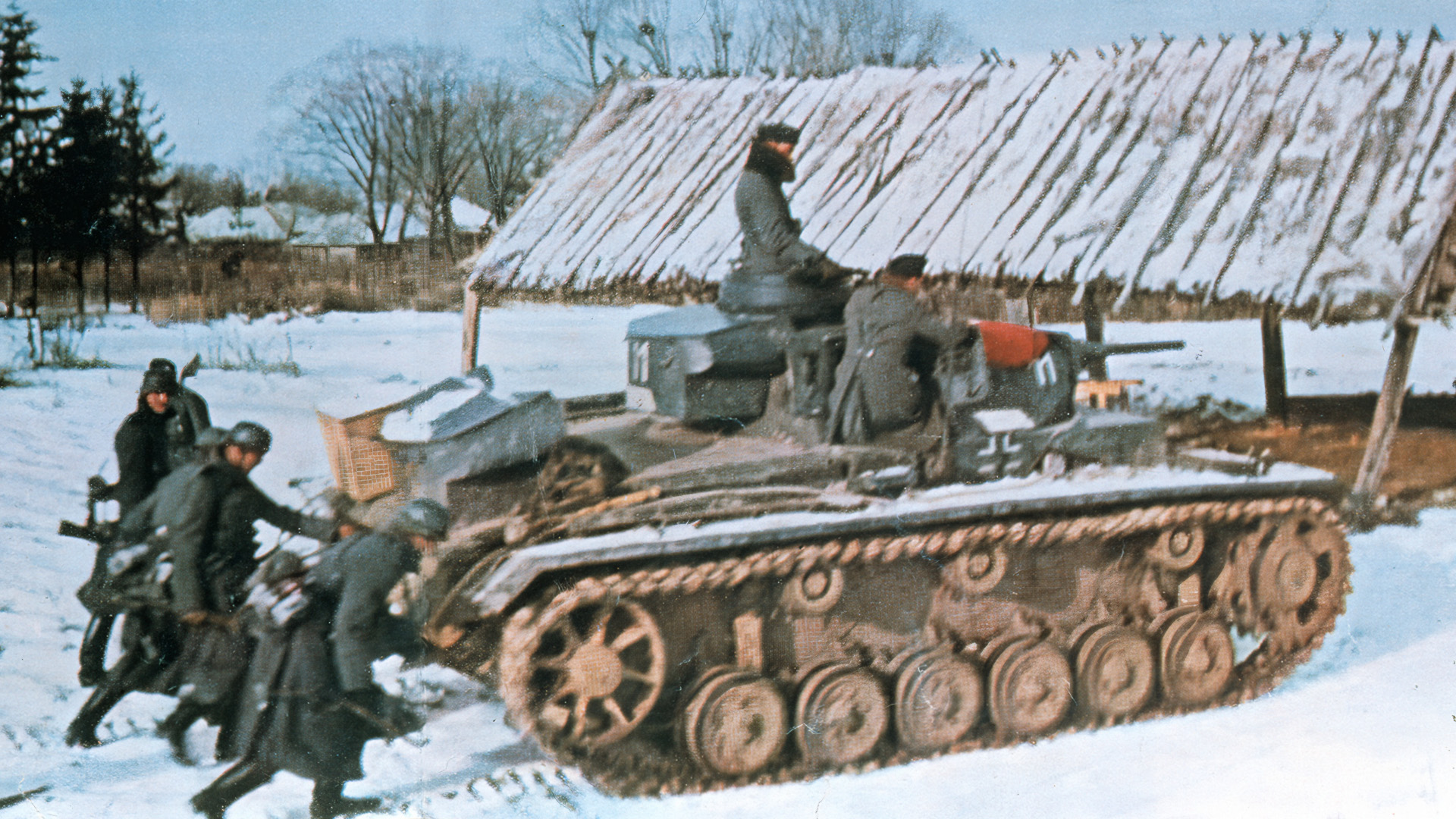
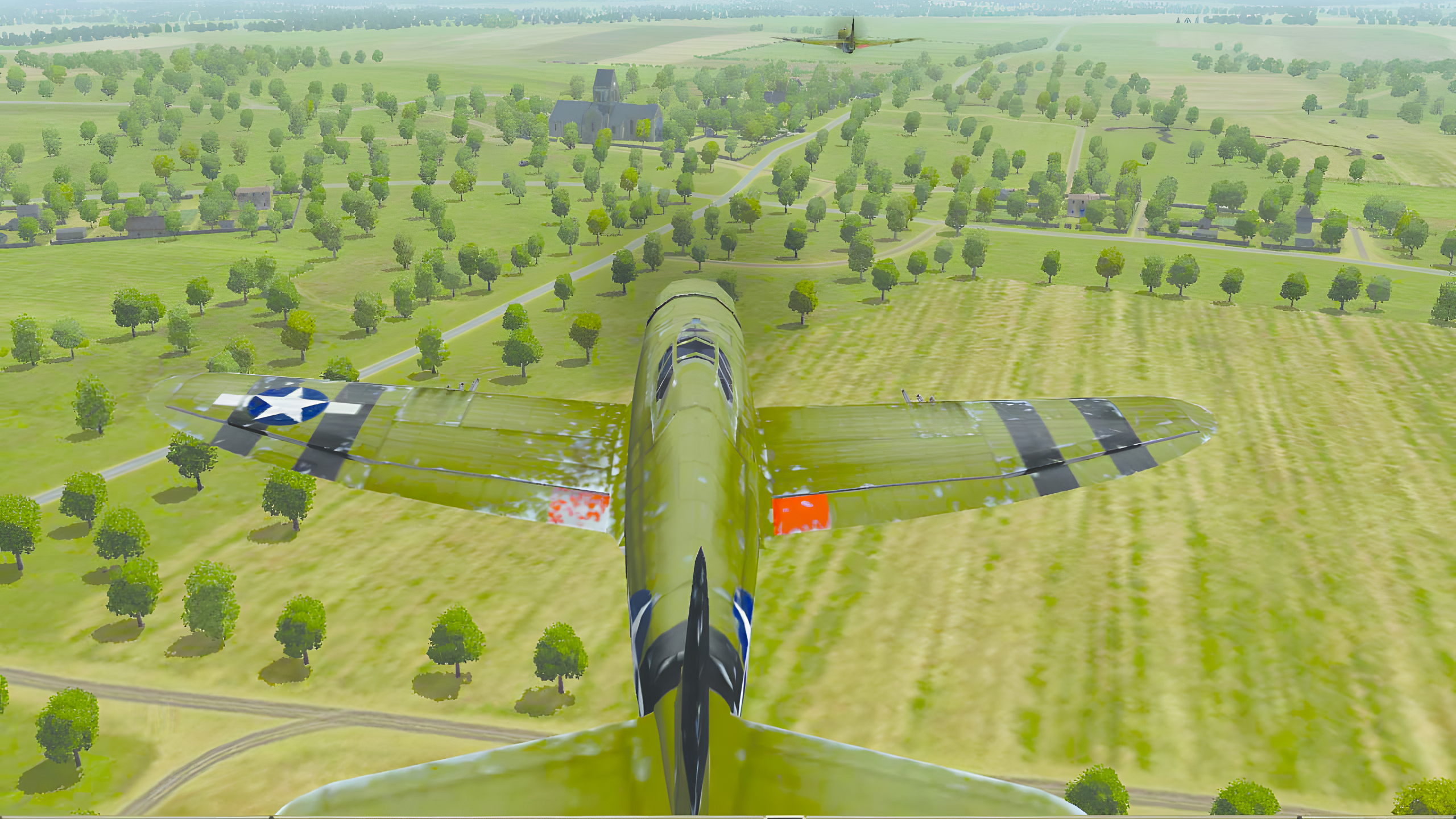
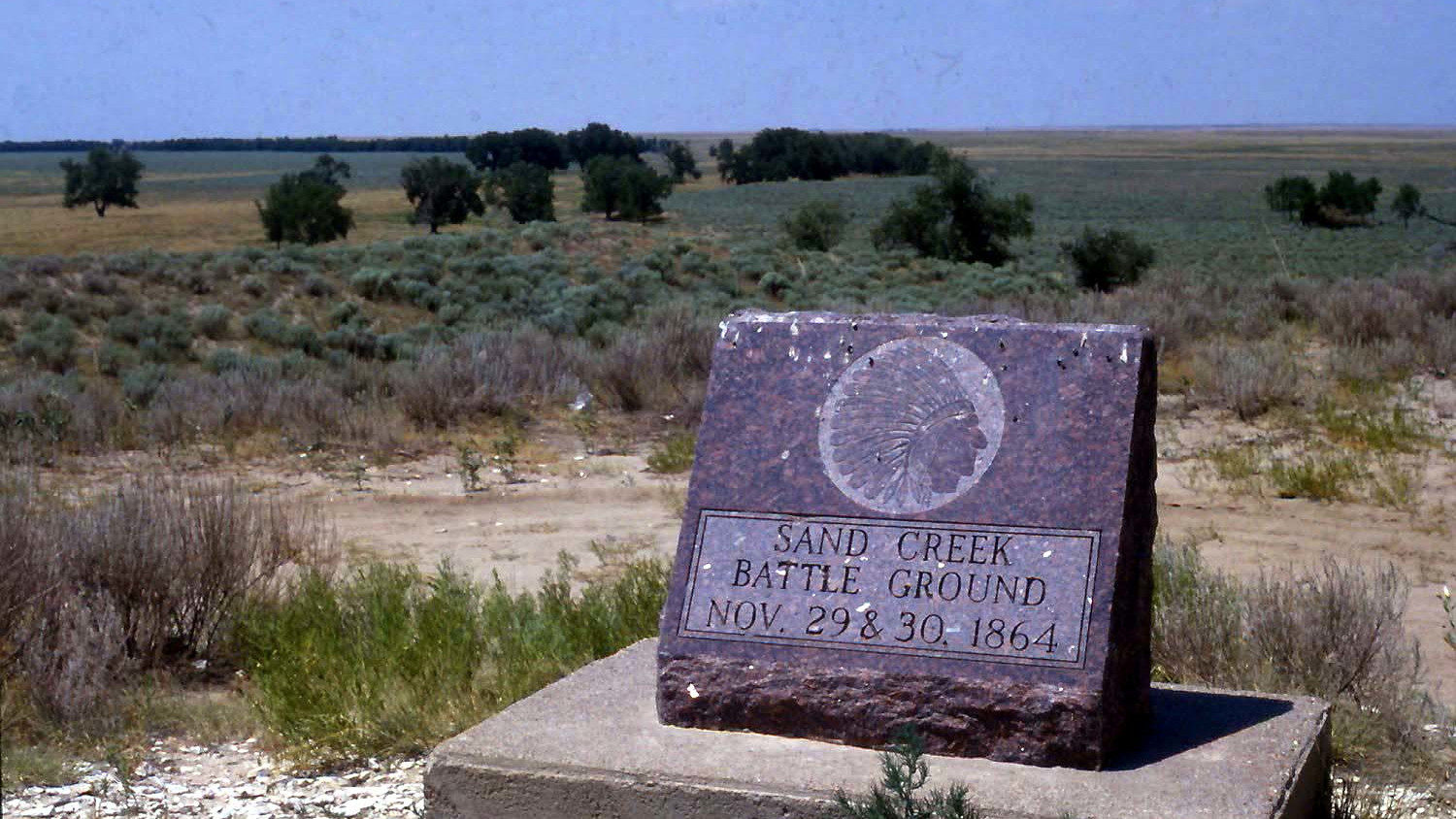
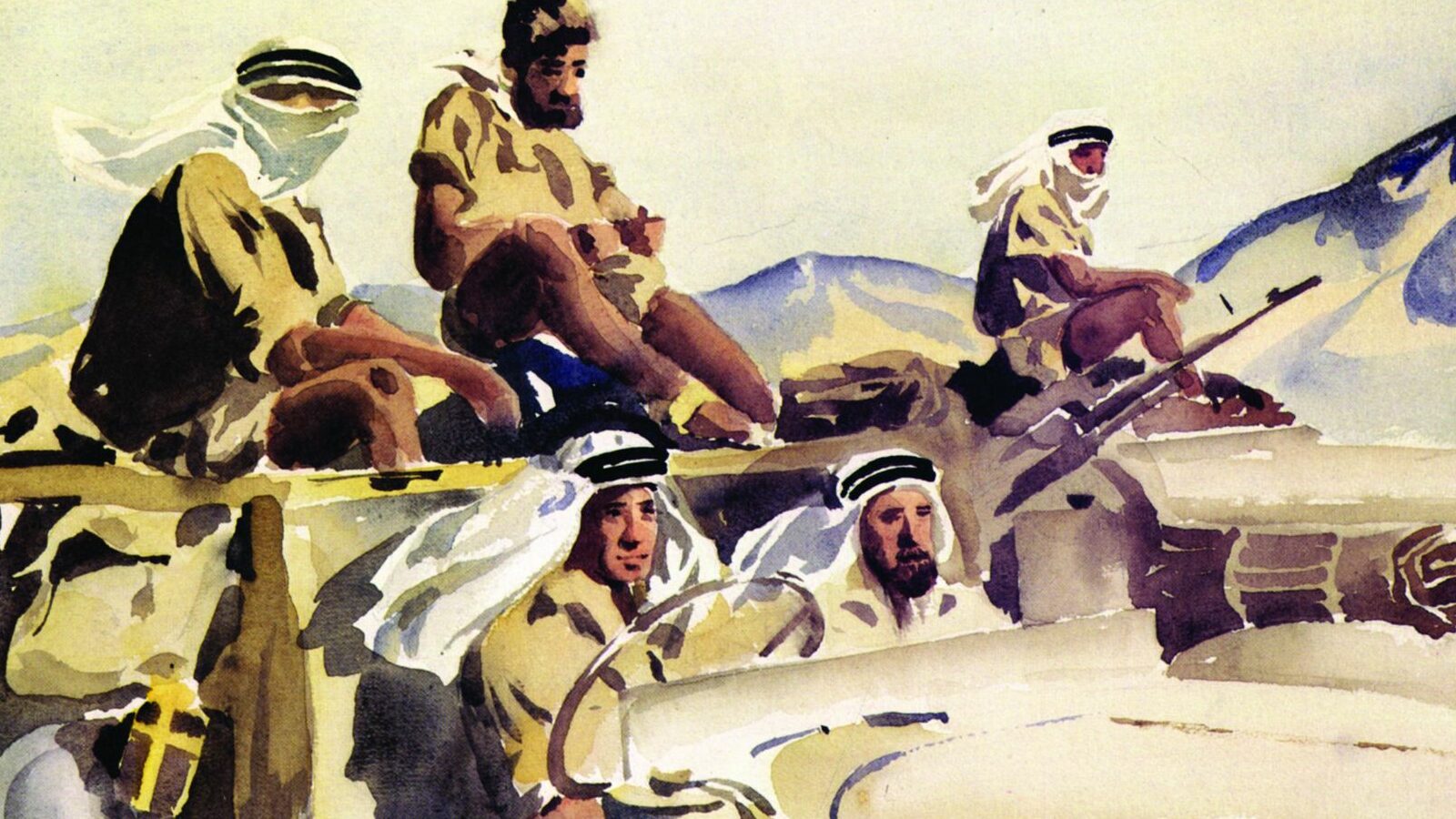
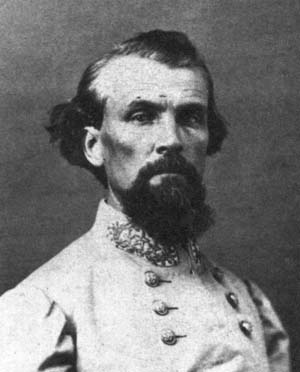
Outstanding!